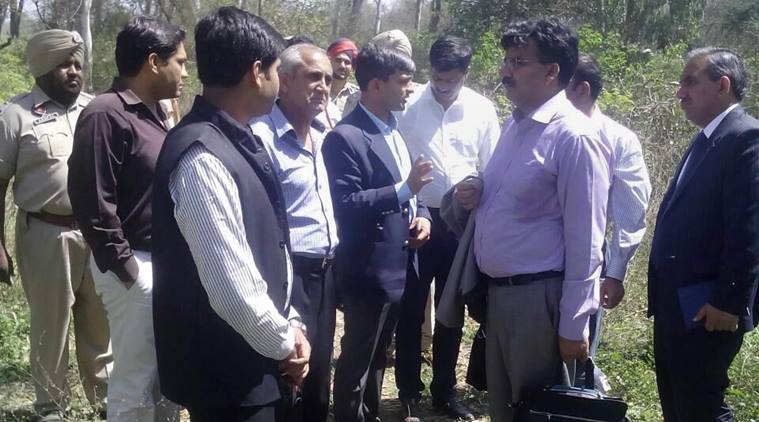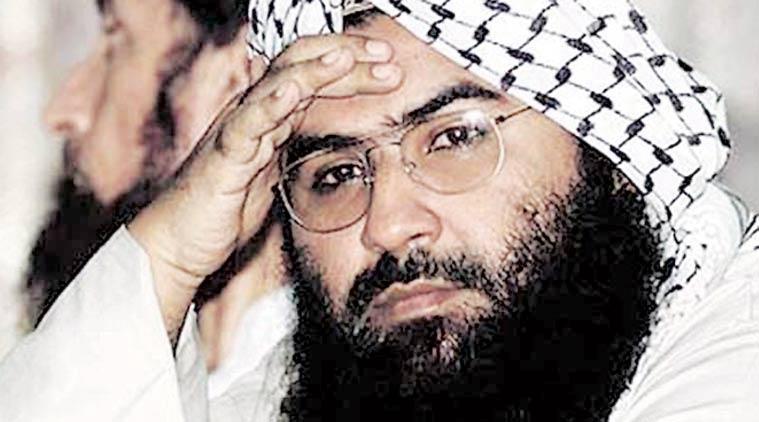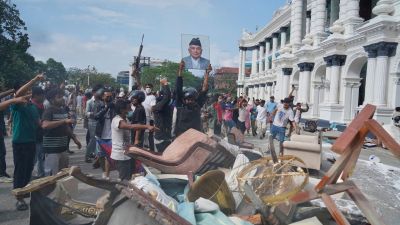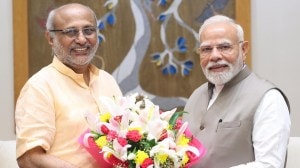Stay updated with the latest - Click here to follow us on Instagram
Pakistan suspends peace process: Blow by blow, what led to the latest turn
The fact that the suspension of peace process came days after Pakistan's Joint Investigation team visited the site of Pathankot terror attack is certain to be used as ammunition by the Opposition.
 Prime Minister Narendra Modi and Pakistan counterpart Nawaz Sharif.
Prime Minister Narendra Modi and Pakistan counterpart Nawaz Sharif.
The Narendra Modi government finds itself in a spot after the Pakistan High Commissioner announced that the peace process between both the countries remain suspended. The fact that this has come days after Pakistan’s Joint Investigation team visited the site of Pathankot terror attack, where seven Indian security personnel were killed earlier this year, is certain to be used as ammunition by the Opposition.
Despite Pakistan media reports that Islamabad believed the Pathankot attack was “staged managed by India”, New Delhi maintained that they it will go by the official statement from its counterpart. Now, Basit’s statement has come at a time when the NIA team was waiting for the final date to visit Pakistan as part of the probe.
Watch | Peace Process With India ‘Suspended’, Says Pakistan Envoy Abdul Basit
So what led to this latest turn in Indo-Pak relations?
March 25, Arrest of Kulbhushan Yadav in Balochistan: Pakistani security forces claimed to have arrested an ex-Indian naval officer named Kul Bhushan Yadav. Pakistan said Yadav was a ‘commander-rank officer’ of the Indian Navy who was working for RAW. Indian government dismisses Pakistan’s claims and the Ministry of External Affairs says the arrested person had no link with the government since his premature retirement from the Indian Navy.

March 27, JIT team visits India: The JIT interacted on the Pathankot case with NIA officials and visited the IAF base where they were shown the scene of crime as well as the location from where the terrorists sneaked in and hid. The JIT was given access to 16 witnesses including Salwinder Singh, his cook, Rajesh Verma and some witnesses as per agreed terms of reference and extant legal provisions. NIA shared with JIT the identity and the address of the four terrorists and requested that the JIT confirm the same.
 Pathankot: Pakistani Joint Investigation Team investigate inside Pathankot IAF base. (Source: PTI Photo)
Pathankot: Pakistani Joint Investigation Team investigate inside Pathankot IAF base. (Source: PTI Photo)
March 29, Pakistan releases video: After India’s denial, Pakistan authorities release video of Kulbhushan Yadav confessing to having funded Baloch insurgents. Indian intelligence officials pointed to multiple errors in Jadhav’s testimony to assert that it may have been coerced. “The video has this individual making statements which have no basis in fact. That the individual claims to make the statements of his own free will not only challenges credulity but clearly indicates tutoring,” Ministry of External Affairs said in a statement.
April 1, NIA to visit Pakistan: Director General of NIA Sharad Kumar tells media that a team of NIA will visit Pakistan to probe the Pathankot terror attack. Dates yet to be finalsed.
April 1, China blocks bid for ban of Masood Azhar: While Indian authorities were believing that the investigation into the Pathankot attack was going in right direction, China gave a shocker by blocking India’s bid in the UN to ban Jaish-e-Mohammad’s chief Masood Azhar, mastermind of Pathankot attack. China requested the UN Committee to keep on hold the designation. According to government sources, the Chinese action was in “consultation” with Pakistan, which is not on the UN Committee.
 Jaish-e-Mohammad chief Maulana Masood Azhar
Jaish-e-Mohammad chief Maulana Masood Azhar
April 5, Pathankot attack ‘stage-managed’ by India, claim Pak media reports: Modi government once again comes under sharp criticism after Pakistan media reports that Pathankot attack was “stage-managed” by India and that its JIT was not provided with evidence of involvement of Pak-based terrorists. Congress, AAP slam Modi for surrendering to Pakistan and backstabbing Bharat Mata. However, government rubbishes Pak media reports.
April 6, NIA approaches FBI: To further bolster its case against Masood Azhar, the NIA approaches several foreign investigating agencies, including the US Federal Bureau of Investigation (FBI), for assistance. NIA wants the FBI’s help in mapping cyber footprints of Azhar’s brother, Abdul Rauf.







